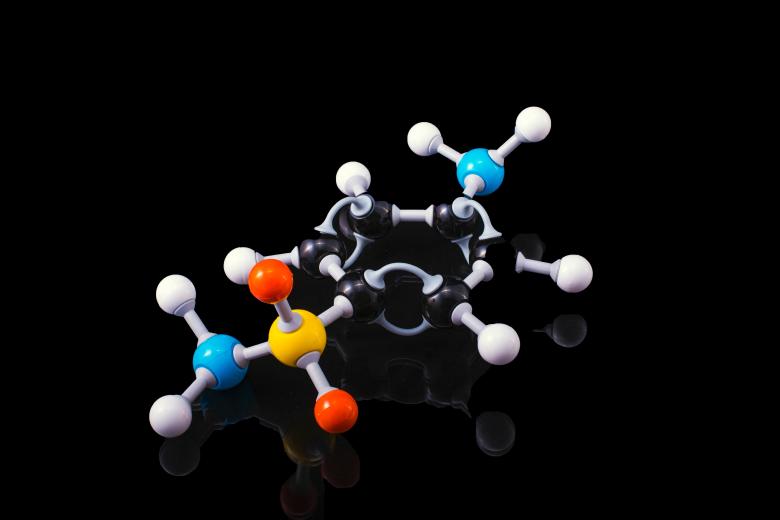Research facilities
The Faculty of Health, Medicine and Life Sciences (FHML) offers state-of-the art research facilities, from storage of biomaterials to well-equipped laboratories and very high-quality equipment.
For information about access to and the use of specific research facilities, click 'read more' or sent an email to the contactperson. This page will be updated to cover more research facilities of FHML. If you want to add a research facility, please contact Marketing and Communications FHML.
Breathomics
Exhaled breath contains thousands of volatile organic compounds (VOCs) with varying composition depending on health status. A sophisticated method by gas chromatography-time-of flight mass spectrometry (GC-TOF-MS) has been developed to analyse the total amount of VOCs in exhaled air, and to relate certain profiles to disease.
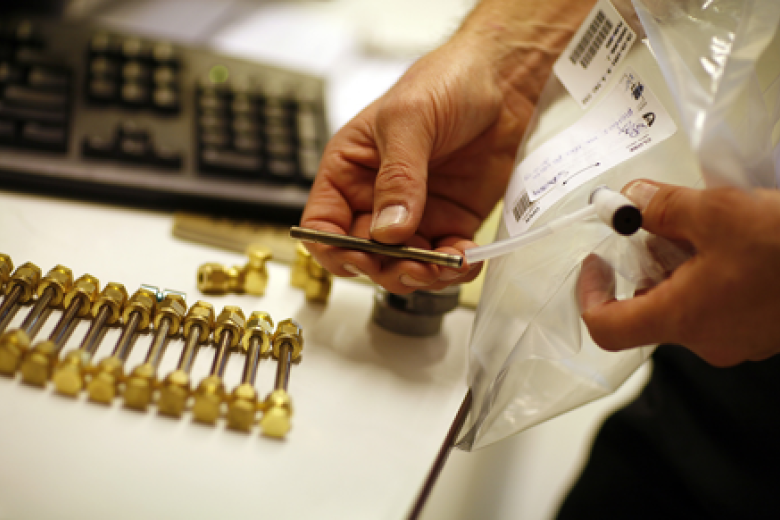
CAPHRI's Cohort Studies
The Care and Public Health Research Institute has a long tradition of cohort studies and holds or participates in numerous cohorts in the field of cancer, diabetes, influenza, asthma/COPD, physiotherapy, musculoskeletal diseases, lifestyle and genetic constitution, diabetes mellitus, quality of care. Click ‘read more’ for an overview.

Central Animal Facility (CPV)
The Central Animal Facility (CPV) is the central institution and your partner for all questions around laboratory animals at UM. The use of animals for scientific research is only permitted if there is no other option. As a core facility CPV cares about all relevant issues on laboratory animals housing, care and wellbeing.

Central BioBank MUMC+
The Central BioBank MUMC+ (Biobank) is specialized in processing, registration and storage of biomaterials for scientific research. The Biobank also facilitates the long-term storage of research material in bulk within MUMC+. Details of the biomaterials are stored in the Biobank Information System, which is accessible for authorized researchers.
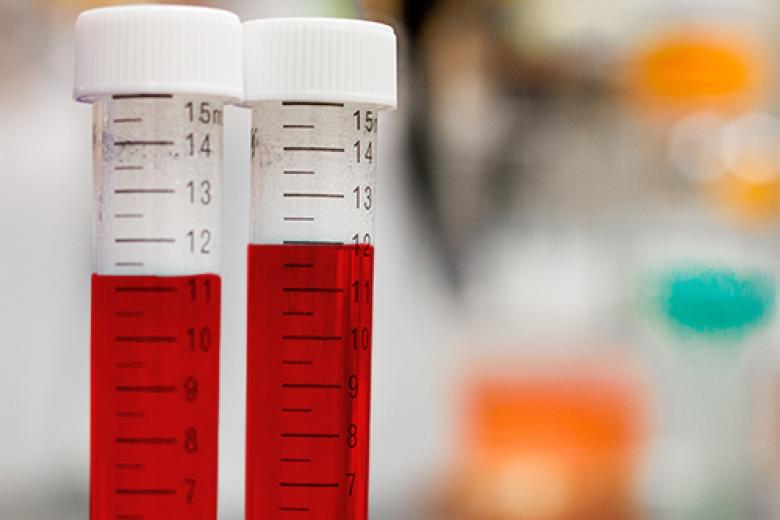
Chemical Protein Synthesis
The chemical protein synthesis platform focusses on synthesis of complex peptides and proteins. Peptides and proteins are synthesis via solid-phase peptide synthesis, purified with high pressure liquid chromatography (HPLC) and analysed using a combination of HPLC and mass spectrometry to allows total control of the target molecule.
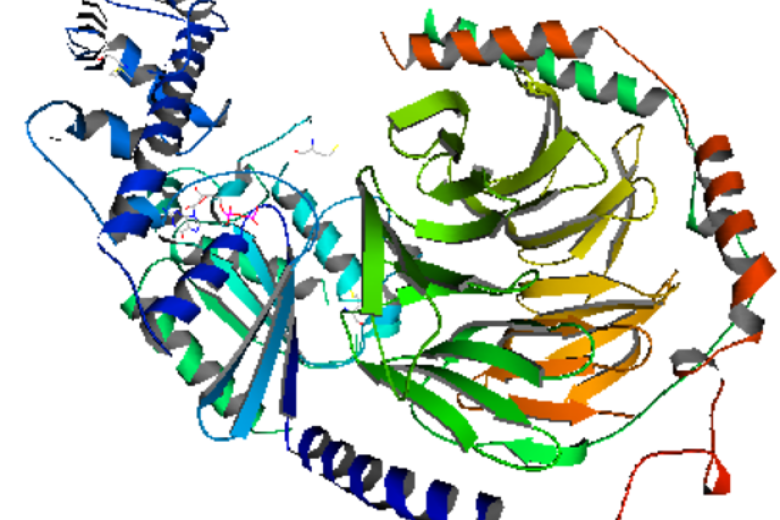
Computer Assisted Rehabilitation Environment (CAREN)
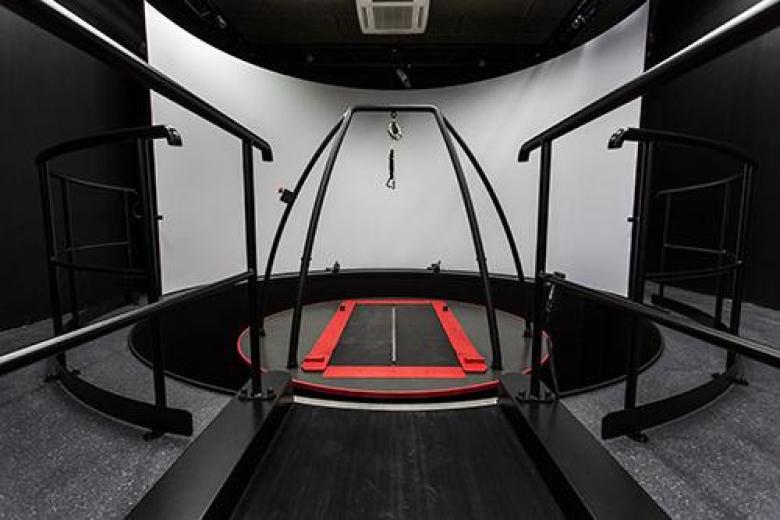
Cytometry
Cytometry is a technique used to determine physical, chemical, and functional characteristics of a cell in high-throughput. It enables the identification and quantification of cell populations, and static and dynamic functional measurements. Flow cytometry is used for cells in suspension, high-content cytometry for cells in culture dishes.
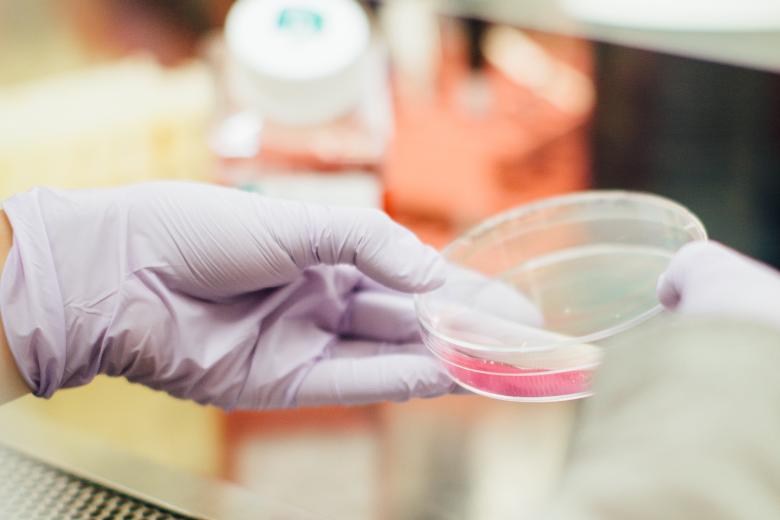
Food Innovation and Health
The human research facilities at Venlo’s UM Campus enable food innovation development and health effect studies in both standardised and real-life settings. In vitro digestion systems are used to study the bioavailability and bioactivity of ingredients, in vitro cell culture systems (2D, 3D, organoids) to examine the underlying mechanisms.
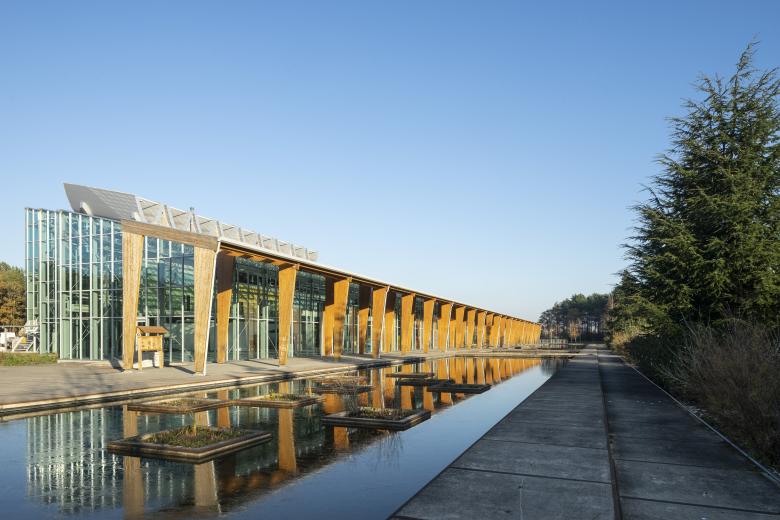
M4i Imaging Mass Spectrometry (IMS) CORE Lab
IMS CORE Lab collaborates with both internal and external scientists, research groups and centres, and private companies. The lab provides a complete mass spectrometry infrastructure for the analysis of drugs, metabolites, lipids, peptides, proteins, and glycans, with a specialisation in visualising the spatial distribution within the sample. Spatial transcriptomics can be conducted too. In short, all omics analyses can be found under one roof.
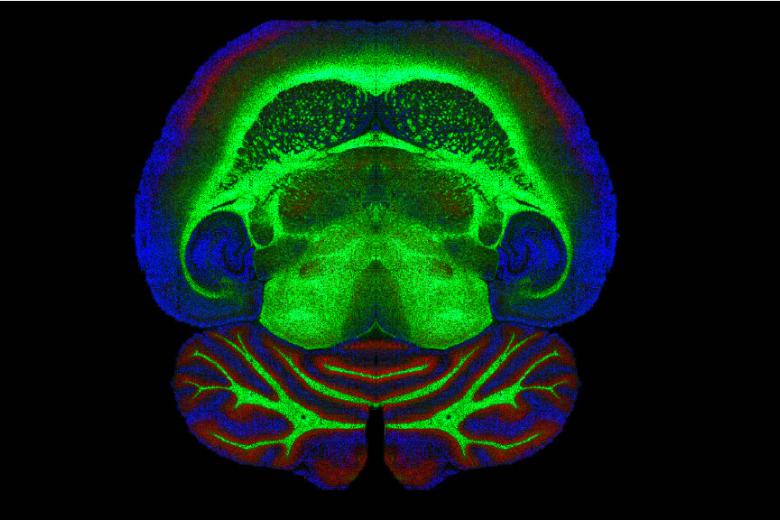
Microscopy CORE Lab
The Microscopy CORE Lab (MCL) provides advanced light and electron microscopy imaging techniques, and performs scanning and transmission electron microscopy, electron tomography, and correlative light- and electron microscopy. The MCL enables studies at both room temperature and under cryogenic conditions.
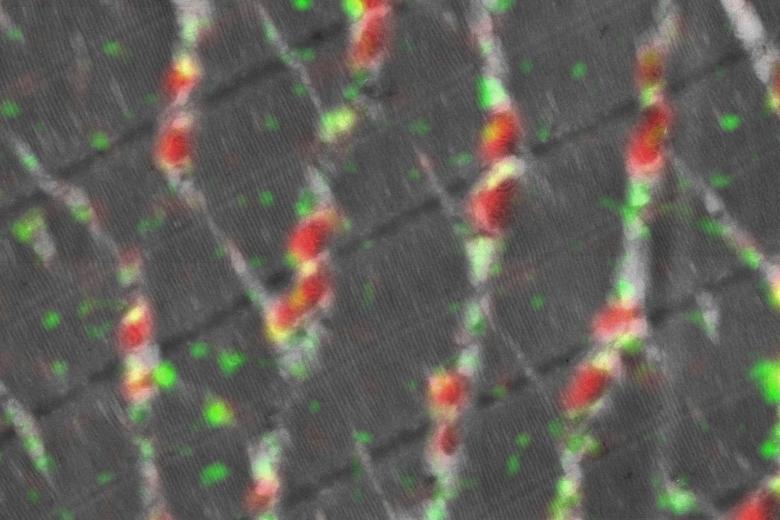
NUTRIM Clinical Research Unit
The NUTRIM CRU is a research unit for patient-specific research in nutrition and metabolism and has modern equipment that researchers can hire to measure metabolism, body composition and physical activity, among other things. The NUTRIM CRU is also available for collaborations outside the MUMC+.
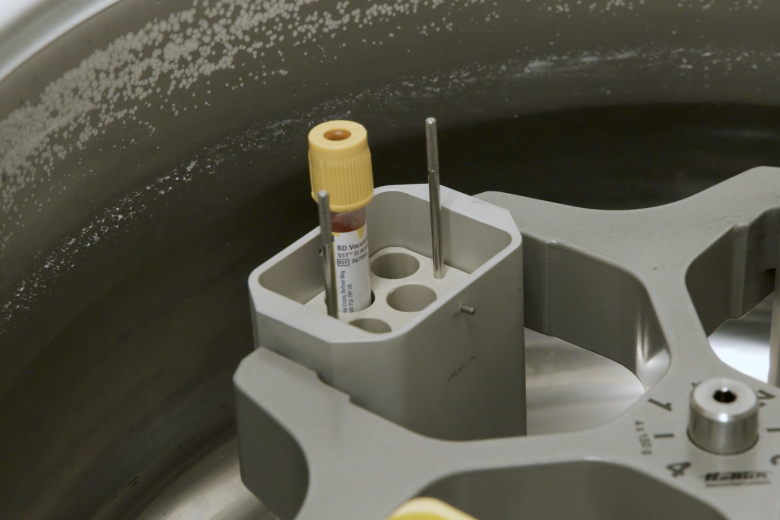
Radio Nuclides Laboratory (RNL)
The COV Radio Nuclides Laboratory (RNL) is equipped to work safely with ionizing radiation. The department consists of several laboratories and specialized equipment, in which work is carried out with dispersible radioactive substances. X-ray equipment is used in the context of scientific research, with or without laboratory animals.
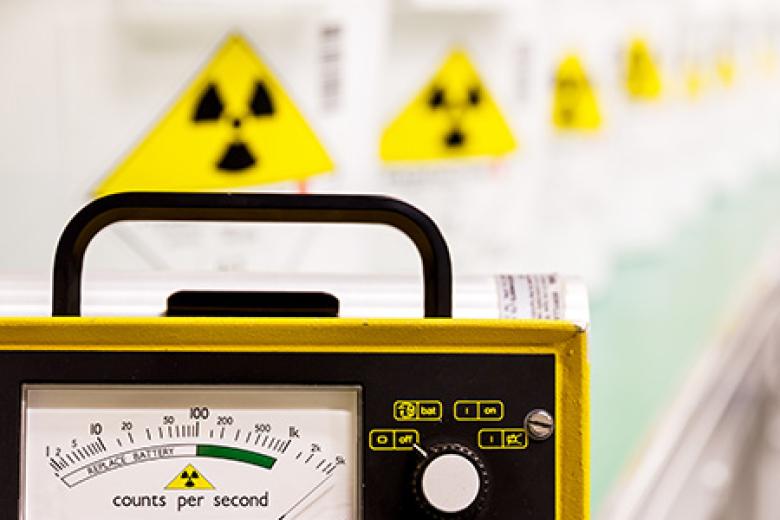
Stem Cell Research University Maastricht (SCRUM)
SCRUM provides services and training for the generation of induced pluripotent stem cells (iPSC). In this core facility, iPSC cells provide a solution for research with cells from hard-to-reach tissues such as heart, vascular tissue or brain tissue. These iPSC have the potential to grow into different types of somatic cells.
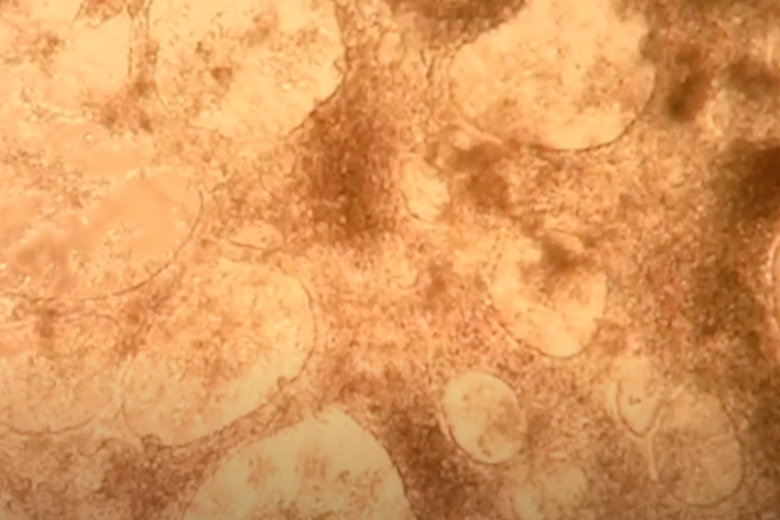
Structural bioinformatics
Structural bioinformatics allows researchers to analyse and simulate 3D structures of molecules, enabling interpretation and extrapolation to functional properties of these molecules. It includes, among other things, structure analysis, docking, molecular dynamics simulation, virtual ligand screening, and ligand optimisation.
